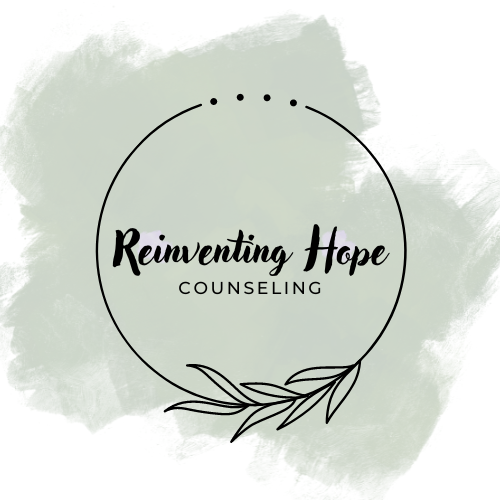The Top 10 Relationship Tips from the Gottmans & How Trauma Can Affect Them
How Trauma Can Affect Relationship Connection
John and Julie Gottman, renowned relationship experts, have spent decades studying what makes relationships thrive. Their research-based principles offer couples a roadmap to lasting love, trust, and emotional connection. However, trauma—whether from childhood experiences, past relationships, or life events—can impact how we engage in relationships and apply these principles. Let’s explore the Gottmans' top ten relationship tips and how trauma can affect them.
1. Build Love Maps
Gottman’s Advice: Know your partner’s inner world—their likes, dislikes, dreams, and fears. Impact of Trauma: Trauma can create emotional walls, making it difficult to feel safe opening up. Survivors may struggle to ask questions or fear being too vulnerable. Healing involves building trust at a slow and comfortable pace.
2. Express Fondness and Admiration
Gottman’s Advice: Regularly express appreciation for your partner. Impact of Trauma: If past relationships involved criticism or neglect, it might feel unnatural to give or receive compliments. Individuals with trauma may fear rejection when showing affection, requiring conscious effort to express and accept love.
3. Turn Toward Instead of Away
Gottman’s Advice: Respond to your partner’s bids for attention, affection, and support. Impact of Trauma: Trauma can cause hyper-independence or avoidance of connection. Someone who has learned to rely only on themselves may unintentionally push their partner away instead of turning toward them for support.
4. Let Your Partner Influence You
Gottman’s Advice: Be open to your partner’s thoughts, needs, and desires. Impact of Trauma: A history of control or betrayal may lead to resistance against influence. It can feel threatening to compromise or trust someone else’s input, requiring intentional effort to build mutual decision-making.
5. Solve Solvable Problems
Gottman’s Advice: Approach conflict with a problem-solving mindset rather than blame. Impact of Trauma: Trauma can trigger fight-or-flight responses in conflict, making problem-solving difficult. Emotional regulation and grounding techniques can help navigate disagreements without becoming overwhelmed.
6. Overcome Gridlock
Gottman’s Advice: Understand each other’s dreams and find compromises for ongoing conflicts. Impact of Trauma: Deep-seated fears or unmet childhood needs may make certain issues feel immovable. Working through core wounds in therapy can help break patterns of gridlock and encourage healthier communication.
7. Create Shared Meaning
Gottman’s Advice: Develop rituals, traditions, and values that strengthen connection. Impact of Trauma: Trauma survivors may struggle with feeling safe enough to create shared traditions or long-term plans. Slowly establishing safe and predictable routines can help foster a sense of stability and connection.
8. Make Life Dreams Come True
Gottman’s Advice: Support each other’s aspirations and personal growth. Impact of Trauma: If past relationships lacked encouragement, it might be difficult to trust that a partner will be supportive. Recognizing and communicating needs can help partners provide reassurance and foster growth together.
9. Manage Conflict with Gentle Start-Ups
Gottman’s Advice: Approach conflict calmly and respectfully instead of with criticism or defensiveness. Impact of Trauma: Trauma responses often include heightened sensitivity to criticism, making conflict feel threatening. Practicing self-soothing techniques and using ‘I’ statements can help reduce reactivity and promote constructive conversations.
10. Foster Trust and Commitment
Gottman’s Advice: Prioritize the relationship, remain loyal, and create a safe emotional space. Impact of Trauma: Trust is one of the hardest things to rebuild after trauma. Fears of abandonment or betrayal may lead to self-sabotaging behaviors. Healing involves consistent reassurance, clear communication, and gradually rebuilding a sense of security.
Final Thoughts
While trauma can create obstacles in relationships, it does not define them. With awareness, patience, and intentional effort, couples can navigate these challenges and build a deeply connected, fulfilling relationship. Healing together strengthens bonds and allows both partners to experience love in a way that feels safe and nourishing.
Explore more articles below. If you need support in your relationships, reach out to us today.

